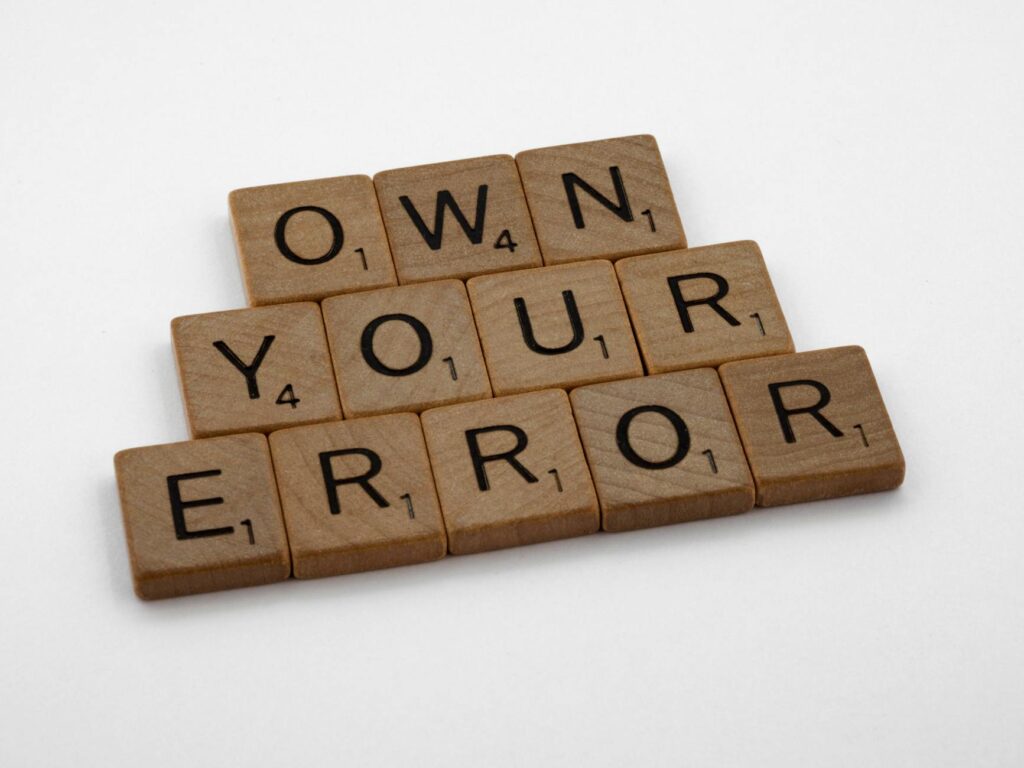What is personal accountability?

What is personal accountability?
In today’s fast-paced world, personal accountability is more relevant than ever. It’s about owning your actions and their outcomes. By embracing personal accountability, you not only enhance your productivity but also foster personal development. But what exactly does it mean to be personally accountable, and how can it transform your life? Let’s explore this essential concept.
Understanding Personal Accountability
Definition of Personal Accountability
Personal accountability means taking responsibility for your actions, decisions, and the consequences that arise from them. It’s about recognizing that you have control over your choices and that those choices shape your outcomes. For a deeper understanding of this concept, consider checking out Nulab’s overview on personal accountability.
Difference Between Accountability and Responsibility
While these terms are often used interchangeably, they have distinct meanings. Responsibility is the duty to complete a task or role, while accountability is the acknowledgment of the results of those tasks. For instance, a project manager is responsible for ensuring a project is completed, but they are also accountable if the project fails. This distinction is crucial because it emphasizes the need for ownership beyond just fulfilling duties.
The Importance of Personal Accountability
Impact on Productivity
Personal accountability can significantly boost your productivity. When you hold yourself accountable, you are more likely to meet deadlines, set realistic goals, and actively pursue them. This proactive approach prevents procrastination and helps in managing time effectively. According to Poised, individuals who practice accountability often find themselves more focused, leading to increased efficiency in their work.
Role in Personal Development
Embracing personal accountability is vital for personal growth. It encourages self-reflection and continuous improvement. When you evaluate your actions and learn from your mistakes, you create opportunities for development. You start to understand your strengths and weaknesses, allowing you to make more informed decisions in the future. This process of self-improvement is often discussed in resources like Mind Tools.

Photo by Brett Jordan
Strategies for Cultivating Personal Accountability
Setting Clear Goals and Objectives
One of the first steps to becoming more accountable is to set clear goals. Use the SMART criteria: Specific, Measurable, Achievable, Relevant, and Time-bound. When your goals are clearly defined, it becomes easier to track progress and hold yourself accountable. The importance of goal-setting is highlighted in many personal development articles, including Tony Robbins’ insights.
Tracking Progress and Reflecting on Outcomes
Regularly tracking your progress is crucial for maintaining accountability. Whether through journals, apps, or simply notes, keeping a record of your actions can provide valuable insights. Reflecting on these outcomes helps you understand what works and what doesn’t. This self-reflection is essential for continuous improvement, as noted in BetterUp’s blog.
Overcoming Challenges to Personal Accountability
Fear of Failure
Fear can be a significant barrier to personal accountability. Many people hesitate to take ownership because they fear the consequences of failure. To manage this fear, shift your perspective. Instead of viewing failure as a negative outcome, see it as a learning opportunity. Embracing this mindset can empower you to be more accountable and resilient. Evolving to Exceptional offers insights on addressing these fears.
Lack of Support Systems
Having a strong support system is crucial for maintaining personal accountability. Surround yourself with individuals who encourage and challenge you. Whether it’s friends, family, or colleagues, their support can motivate you to stay on track. If you feel isolated, consider joining groups or communities that focus on personal growth. Effective accountability often thrives in collaborative environments, as discussed in the article on Effective Retail Leader.
Conclusion
Personal accountability is a powerful tool that can significantly impact both your personal and professional life. By understanding its definition, recognizing its importance, and implementing strategies to cultivate it, you can transform your approach to achieving goals. Remember, embracing personal accountability is not just about taking responsibility for your actions; it’s about empowering yourself to grow and improve continuously. Start today, and watch as your productivity and personal development flourish.